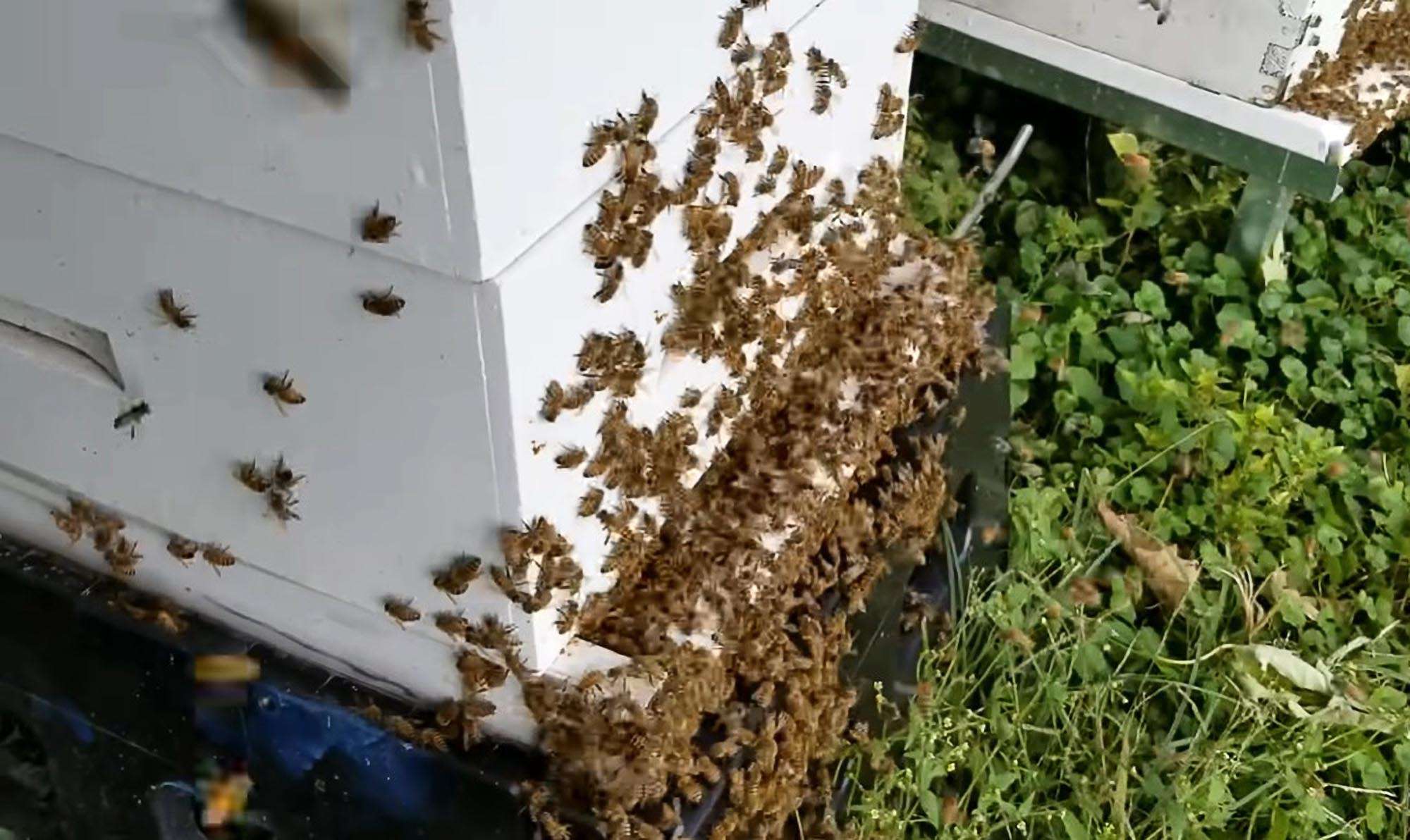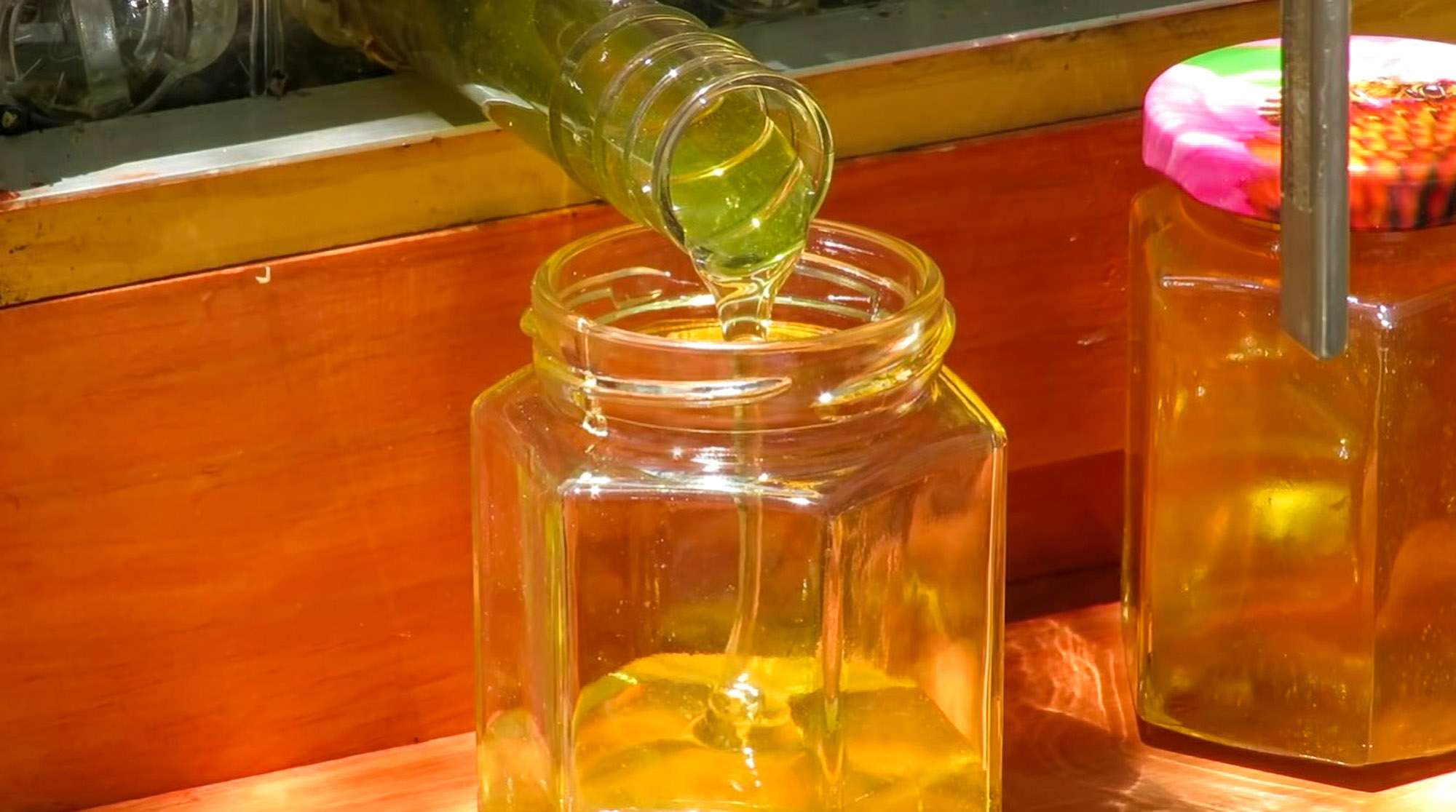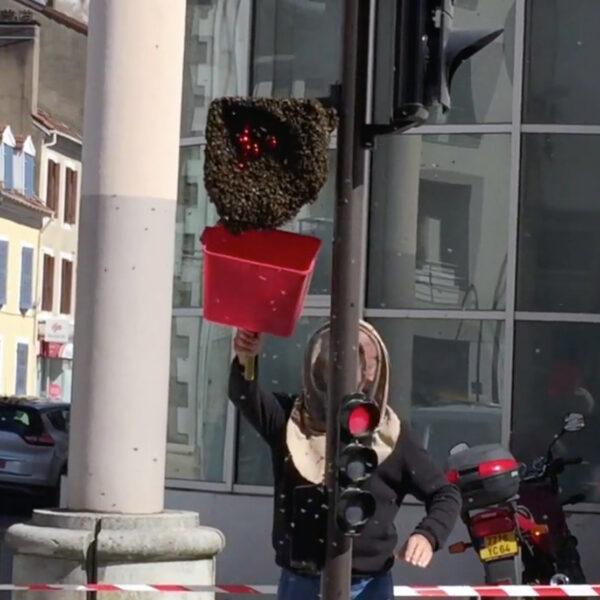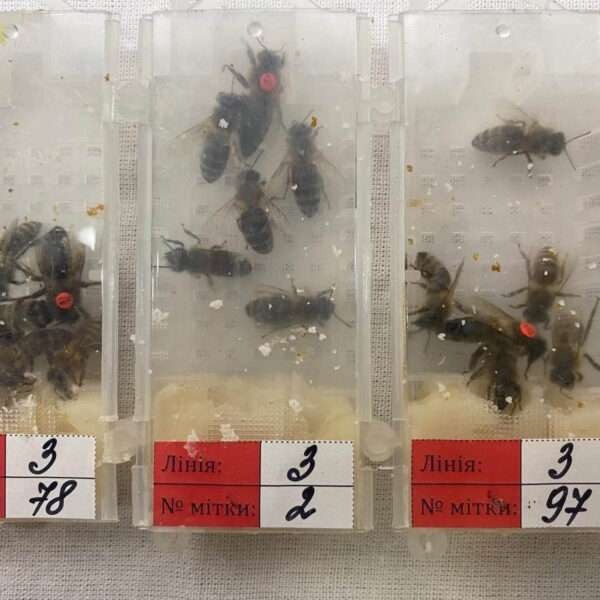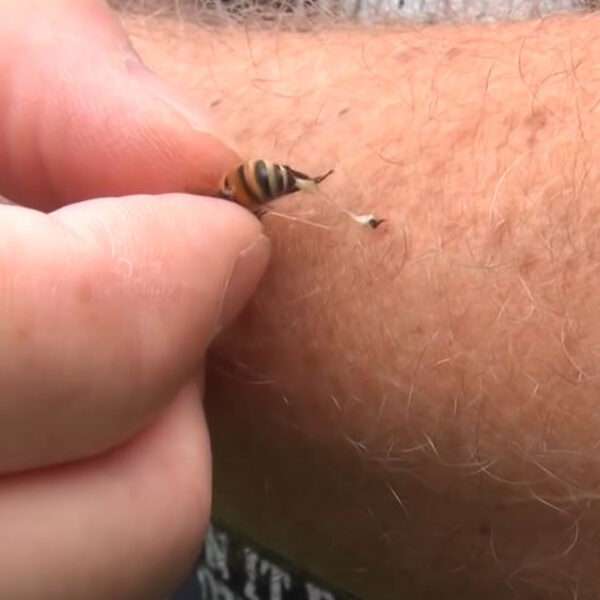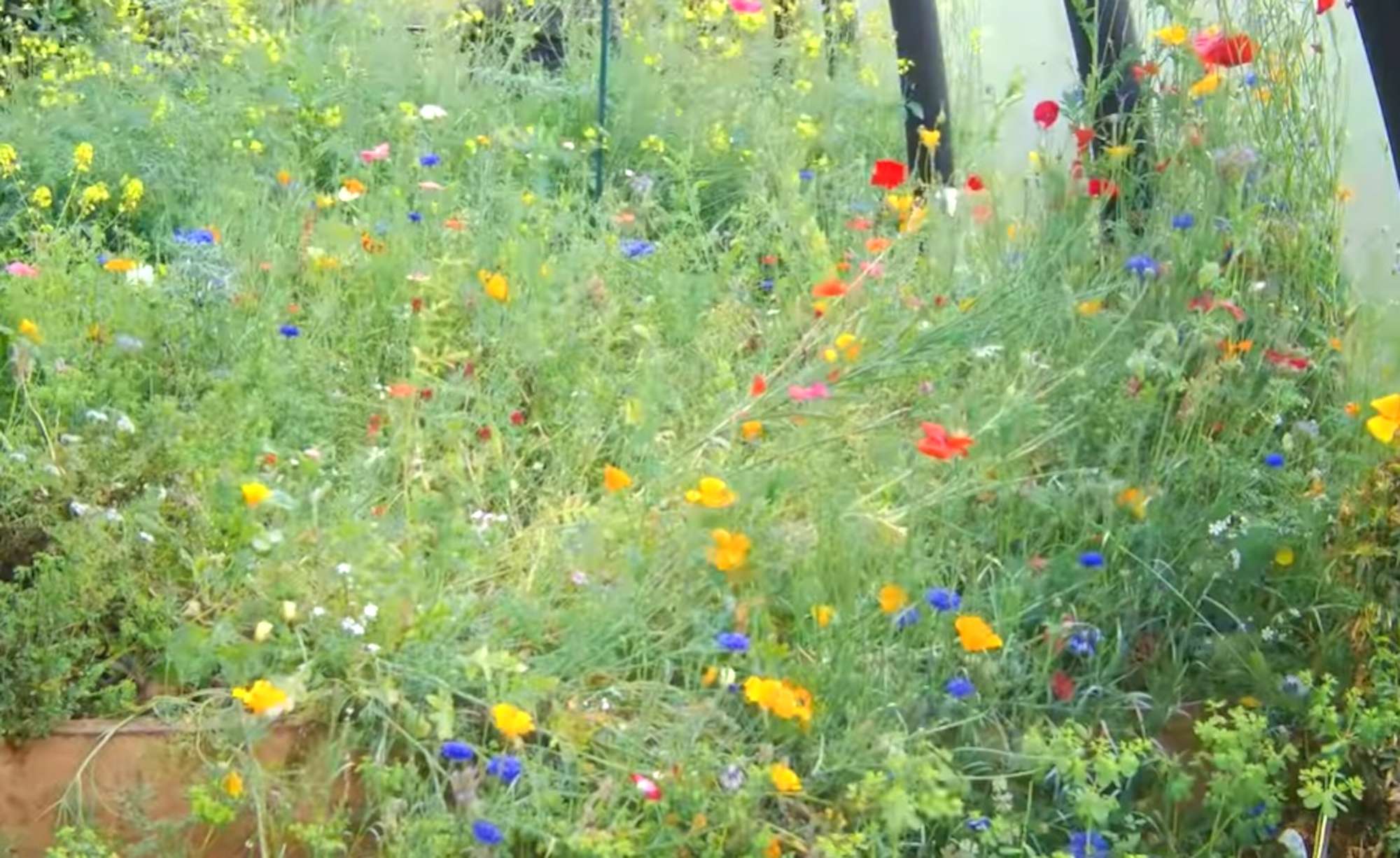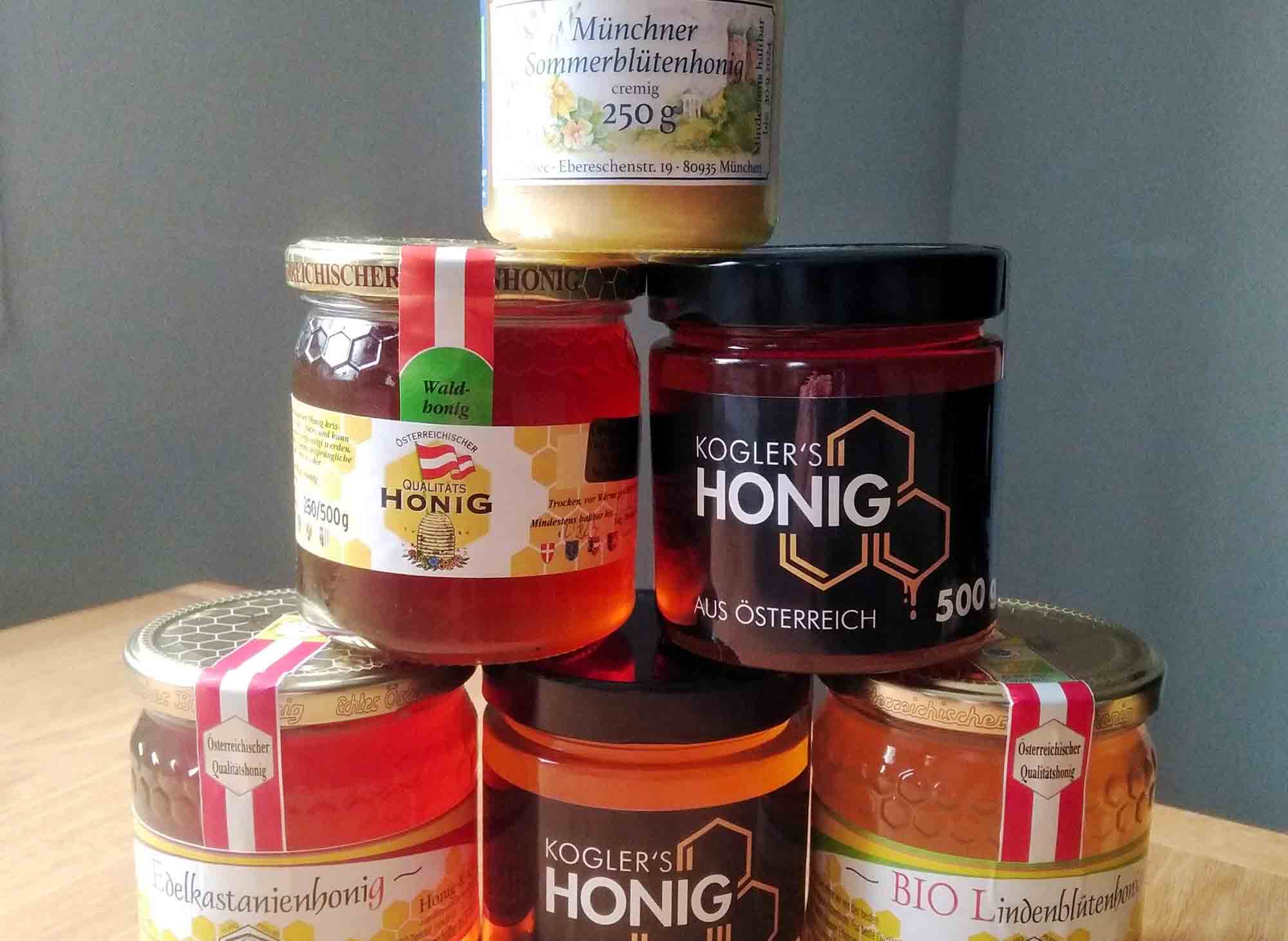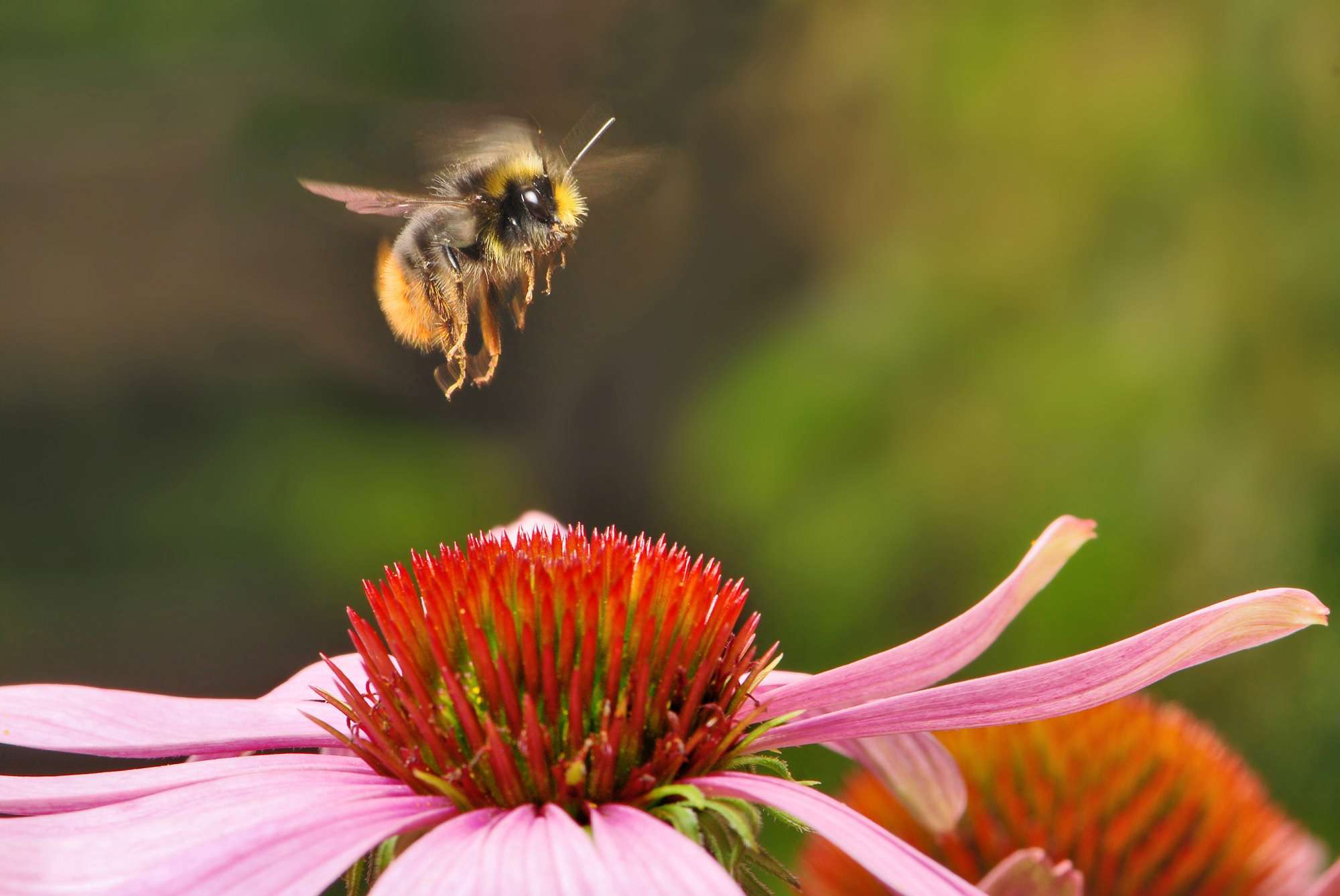A German beekeeping expert has urged those interested in the trade to seek advice and attend lectures before starting out.
Franziska Odemer from the Institute for Bees in Celle, Lower Saxony, told broadcaster NDR: “The introduction of a federal beekeeping licence has been discussed but nothing has yet been agreed upon. I can only recommend to anyone keen on taking up beekeeping to gather information on it first.”
Odemer said beginners should get in touch with local beekeeping unions. She stressed that these associations “are always welcoming new members” due to the importance of young people developing an interest in apiculture.
The agricultural scientist encouraged beekeepers to sit courses, regardless of whether they can obtain certificates.
Speaking about the possibility of conflicts with neighbours, Odemer suggested beekeeping newbies should opt for “an open and straightforward conversation.”
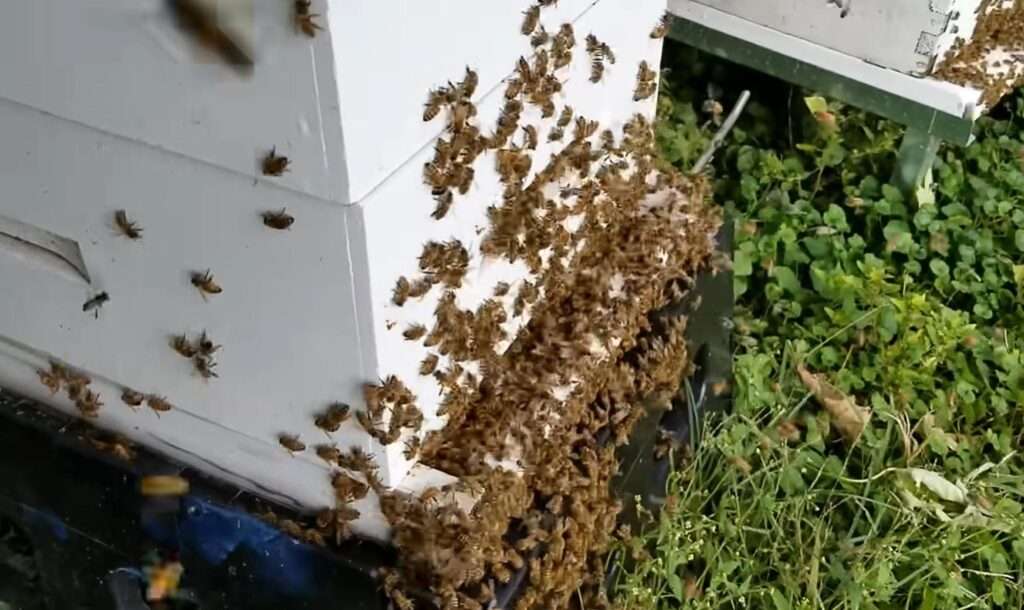
The vast majority of 96 per cent of beekeepers in Germany manage up to eight colonies, according to the expert.
Odemer – who oversees 25 backyard colonies with her husband – said honeybees were not just essential when it comes to the quantity but also to the quality of fruit.
She told the NDR: “One colony has the capacity to pollinate up to three million fruit-tree blossoms a day.”
During spring and summer, one honeybee colony features up to 50,000 animals.
Asked what members of the public who do not own a hive can do to ensure the existence and well-being of the social insects, Odemer said: “It’s important to leave nature to its own in a certain way. Don’t trim the grass anywhere, leave out a batch.”
Odemer underlined the positive impact flower strips, areas with untouched deadwood and unsealed soil can have on honeybee colonies, wild bees and biodiversity in general.
Germany is home to more than 500 bee species. The domesticated western honeybee is the best-known kind of bee. However, so-called wild bees like leafcutter bees, mason bees and carpenter bees are crucial too due to their intense pollinating activities.

